Everything You Wanted to Know About AI…But Were Afraid to Ask
USC experts on loving, fearing and possibly even merging with AI
By Caitlin Dawson and Adam Smith
(Photo/Alamy)
Will AI Take My Job?
“The quick answer is, ‘Very likely yes, unless you start preparing now.’ Artificial intelligence will change the future of work worldwide and transform the distribution of income, wages and skill. In the long term, [AI will] have a net positive effect: It will create more opportunity than displacement of labor. Still, the transition will be painful for an estimated 85 million people worldwide.
“The jobs in immediate threat are ones where all the possible decisions, actions and outcomes can be defined and evaluated, from playing Tetris to diagnosing malignant tumors. For these tasks, you can pretty much assume that AI will be (if it isn’t already) better than you are! On the other hand, I do not see the demand for physicians or plumbers — who have more analytical jobs — vanishing in the foreseeable future.
“Is the answer to this challenge to train more physicians and plumbers, then? Not at all. Human capital is vital in complementing technological growth, which in turn creates new needs, new marketplaces and increased economic activity. USC is at the center of this transformation through specialized interdisciplinary programs, with a joint degree between the USC Marshall School of Business and the USC Viterbi School of Engineering as an example, equipping future generations with the analytics and data science skills needed to navigate this global transformation.”
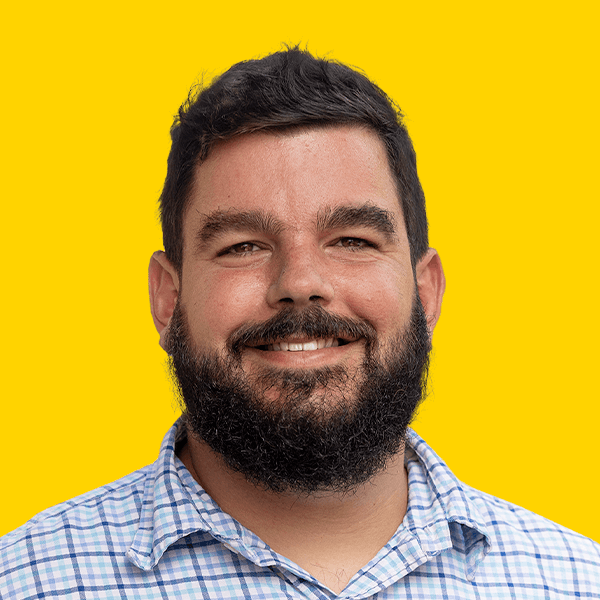
Kimon Drakopoulos
Robert R. Dockson Assistant Professor in Business Administration
USC Marshall School of Business
Will We Fall in Love with AI Assistants (Like in Her)?
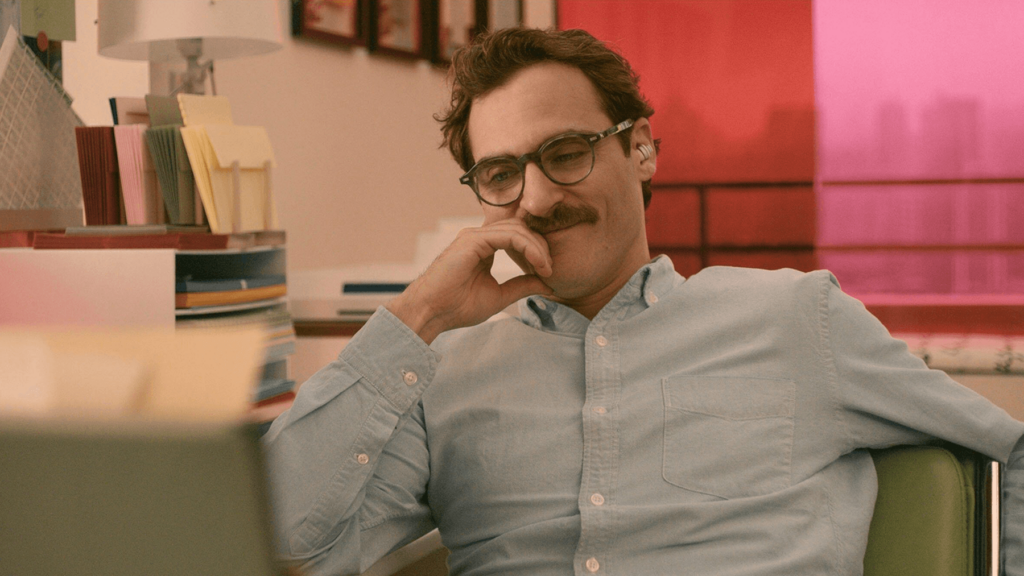
“Not only will people fall in love with AI assistants or ‘friends,’ they already have. There are reports of young men ‘getting married’ to AI agents like the 3D anime girl in Gatebox, a Japanese product designed as an interface to the smart home. It targets a very particular demographic: young men who are living “untethered” — alone and not in a relationship, but also disconnected from other social support groups, like church.
“Gatebox creators envisioned their creation as a kind of ‘virtual wife’ for these young men living isolated in urban centers. Not only does she turn lights on or off, set the temperature to the way you like it, or turn on your favorite music, she also texts you during the day to say things like ‘I miss you’ and ‘hurry home’ — just like a real girlfriend or wife might do.
“Relationships can act as a mirror, reflecting our inner hopes, dreams and desires. As AI gets more sophisticated, learning what we like and reflecting that back to us, it can have an intoxicating effect on someone seeing their own never-met desires reflected to them. For the particularly vulnerable, AI-enabled digital assistants might become very attractive alternatives in a world where loneliness is on the rise.”

Julie Albright
USC Digital Sociologist, Lecturer
USC Dornsife College of Letters, Arts and Sciences
Are AIs more like the Terminator or like WALL-E?
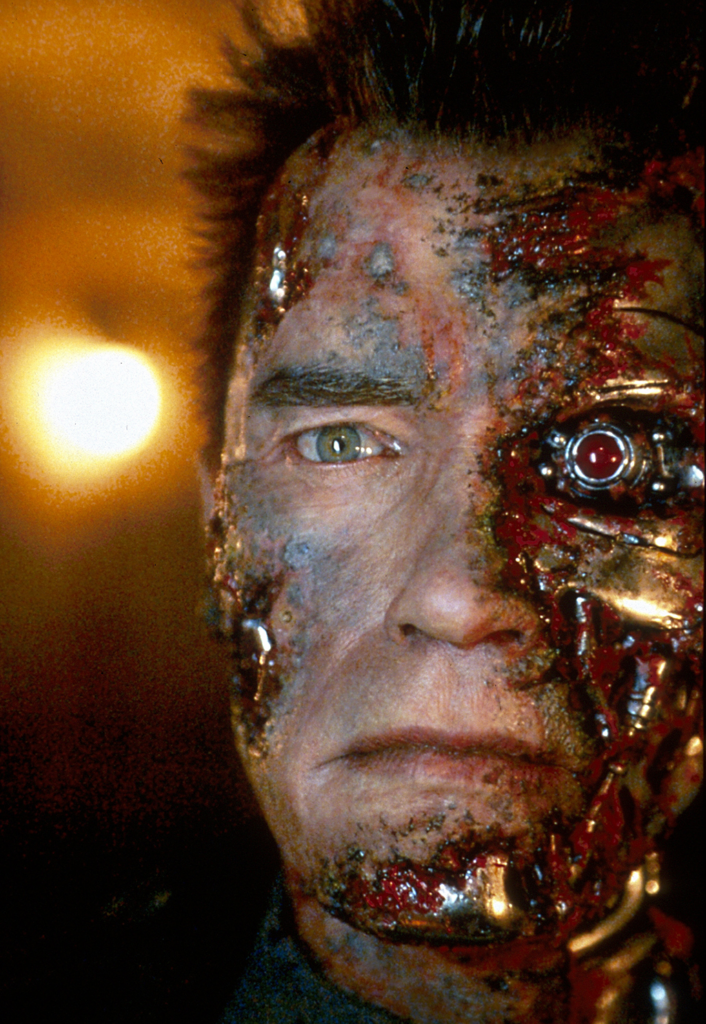
“Unfortunately, both represent a lack of appreciation for how AI is actually being built and deployed. The Terminator movie got it completely wrong: There is a higher probability that we will be capable of time travel, evolve beyond corporeal bodies, and develop real estate on the surface of the sun than [be in] a situation [where an AI system sparks a nuclear holocaust] in real life.
“The computer in the Star Trek series — especially Star Trek: The Next Generation, but also Star Trek: Deep Space Nine and Star Trek: Voyager — got AI eerily right. The AI is capable of conversation and understands complex requests, but does not appreciate humor and can be superficial. Our current generation of natural-language AIs is similar.”
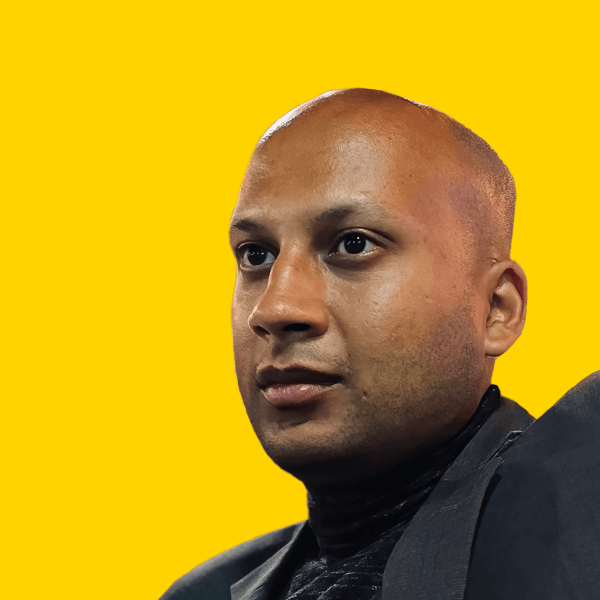
Mayank Kejriwal
Research Lead
USC Information Sciences Institute
What Will Be AI’s Next Biggest Contributions?
“In the next decade, we will see new AI capabilities that have large amounts of knowledge about the world and can use it to reason, explain themselves and teach others. Personalized tutors will teach individualized lessons tailored to our jobs and knowledge. AI systems will come equipped with an understanding of daily human routines that can be affected by cognitive decline, so they can help elderly people who want to live independently. AI scientists who have a deeper understanding of physics, chemistry and biology will combine that knowledge with data to make significant new discoveries. These are very exciting times for AI research.”

Yolanda Gil
Director of New Initiatives in AI and Data Science
USC Viterbi School of Engineering
Will Humans Ever Combine with AI?
“Absolutely! Humans have already combined with AI if you count devices such as computers and cell phones that people use daily. Every time you use a calculator to solve an arithmetic problem, you are combining yourself with AI.
“If the question is whether humans will combine with AI using invasive devices such as Elon Musk’s Neuralink, my answer is still yes. Using invasive prosthetic devices to restore or enhance human functions is not a new idea. Cochlear prosthesis has existed for decades and helped hundreds of thousands of patients to hear. Many researchers, including myself, have started to develop cortical prostheses to improve higher-order cognitive functions such as memory. Given that intelligence is the main function of the brain, using AI in prostheses is necessary — therefore, combining AI with humans is almost inevitable.”
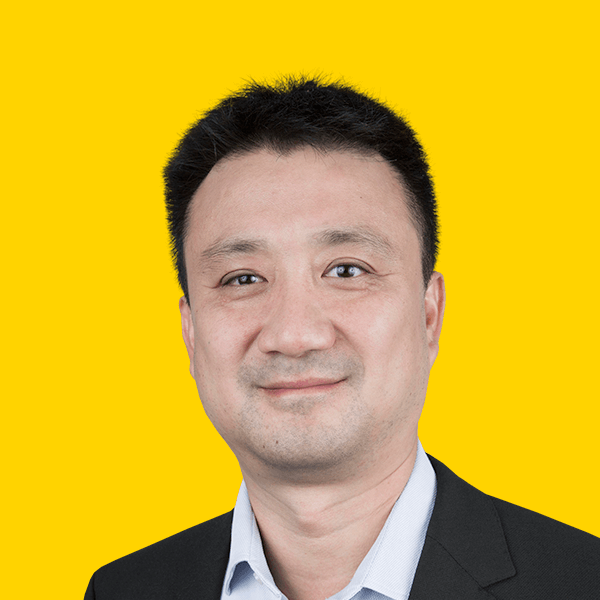
Dong Song
Research Associate Professor of Biomedical Engineering
USC Viterbi School of Engineering
Can An AI Be as Creative as a Human?
“One day soon there will be algorithms that create music in the style of the great jazz saxophonist Charlie Parker. We may even enjoy listening to them more than contemporary human saxophonists who try to emulate his style. If we choose to call them creative, it will be a nod to Charlie Parker, his audience, and the historical context that shaped his creative genius. When ascribing creativity to people (or algorithms), I think we underestimate the central role of the audience in deciding who and what deserves applause, and how changing tastes change what artists create.”

Andrew Gordon
Research Associate Professor of Computer Science
USC Viterbi School of Engineering
How Will We Regulate AI?
“Tesla and SpaceX CEO Elon Musk warned U.S. regulators that robots will do everything better than us, and that AI is a fundamental existential risk for human civilization. He called for the proactive government regulation of AI, adding that by the time we react to AI regulation, it will be too late.
“While I agree that broad regulation of an innovative field with potential force for good may be premature, I don’t disagree that robots and AI must share our societal values rooted in ethics. Techno innovations need standardized legal and inspirational guidelines very similar to medicine, law and public service.
“I advocate that we focus on placing human values and the public interest first. We have seen technology develop and develop very quickly. Mimicking the intricacies of the human brain and adding neuromorphic chips to create artificial intelligent forms is a very attainable innovation in the 21st century. This development outpaces law and policy, especially in ethics, so fear and inaction is not an option. The development of legal frameworks and moral standards similar to the Hippocratic oath, American Bar Association’s Model Rules of Professional Conduct and the Brown Act [the California law that guarantees the public’s right to attend and participate in meetings of local legislative bodies] may be a good start to regulate and inspire innovators as professionals to look out for the public’s interest.”

Frank Zerunyan
Professor of the Practice of Governance
USC Price School of Public Policy